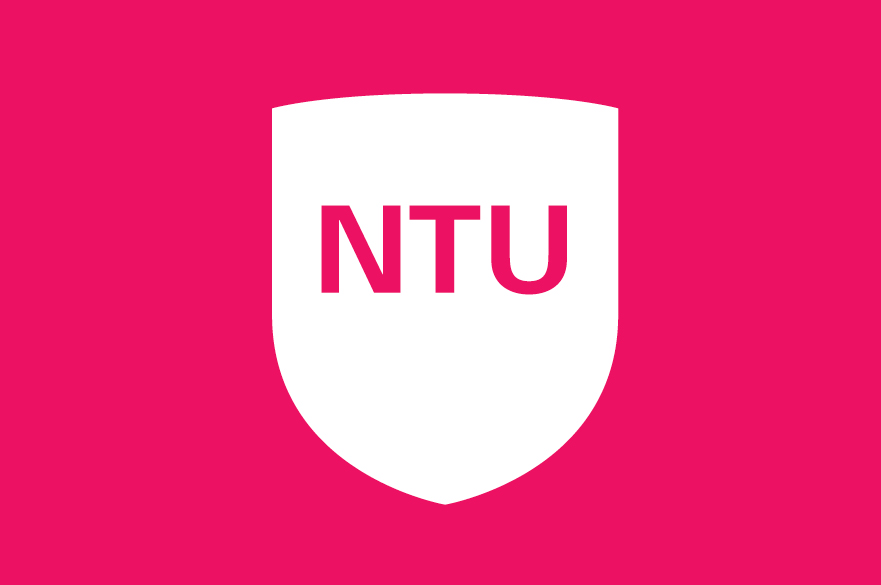Overview
UK higher education institutions (HEIs) serve as hubs of knowledge, innovation, and cultural exchange, profoundly influencing economic, social, and international spheres. Its most significant roles are education and skill development and research and innovation. However, due to recent political and economic changes around the globe, UK higher education as a sector is facing increasing challenges from soaring costs to evolving societal needs. There is an urgent need for HEIs to shift from conventional models towards innovative alternatives.
While human-AI interaction is being widely discussed in operations and supply chain management, their application in enhancing the efficiency of research activities and supporting teaching and learning in HEI is still emerging (Tran 2024). Recent development of generative AI is not only challenging traditional ways of learning and teaching but also has the potential to transform core processes in HEIs. This transformation can only be best realised through effective AI-human partnerships, where AI tools complement human expertise.
This project aims to explore how HEIs can foster effective human-AI partnerships to enhance educational outcomes, research productivity and operational efficiency. It involves developing and testing human-AI partnership initiatives tailored to the context of UK HEIs. Specifically, the objectives of this project are to:
- evaluate the current state of human-AI partnerships in HEIs, specifically how infrastructure, skills gaps, institutional policies, and/or culture influence their effectiveness.
- explore infrastructure requirements to support successful human-AI partnerships in teaching, learning, research and/or administration.
- identify existing skill gaps among academics, researchers and/or administrators that hinder the effective use of AI technologies
- examine how institutional culture affects the adoption and integration of AI into teaching, learning, research practices and/or administrative process.
- develop a framework for fostering effective human-AI partnerships for future implementation to enhance educational outcomes, research productivity and/or operational efficiency.
Under the guidance of the supervisory team, the candidate is expected to:
- Conduct desk research to synthesise existing related knowledge and develop theoretical framework
- Collect data from UK HEIs related to needs of HEIs for human-AI partnership * Analyse quantitative and qualitative data measuring AI adoption and effective use in HEIs
- Identify gaps and opportunities to inform the development of human-AI partnership in HEIs. The candidate can choose to focus on one specific area of study (e.g. teaching and learning, research or administration).
The candidate will join a vibrant group of engaged scholars in Nottingham Business School and benefit from professional advice and guidance of the supervisory team.
This project contributes to the strategic research theme of 'Safety and sustainability' of the NTU.
Nottingham Business School is triple crown accredited with EQUIS, AACSB and AMBA – the highest international benchmarks for business education. It has also been ranked by the Financial Times for its Executive Education programmes in 2023 and 2024. NBS is one of only 47 global business schools recognised as a PRME Champion, and held up as an exemplar by the United Nations of Principles of Responsible Management Education (PRME).
Its purpose is to provide research and education that combines academic excellence with positive impact on people, business and society. As a world leader in experiential learning and personalisation, joining NBS as a researcher is an opportunity to achieve your potential.
Application deadlines
- Applications for the October 2025 intake close on 1st July 2025
- Applications for the January 2026 intake close on 1st October 2025.
References
Tran, M. T. (2024). A Systematic Literature Review on the Human-AI Partnership Roles in Higher Education. In T. Musiolik, R. Rodriguez, & H. Kannan (Eds.), Enhancing and Predicting Digital Consumer Behavior with AI (pp. 28-38). IGI Global Scientific Publishing. https://doi.org/10.4018/979-8-3693-4453-8.ch003
Staff profiles
Entry qualifications
The candidate should have a BSc and/or MSc in management science, business analytics, computer science, and/or engineering. Experience of analytics using software/programming language such as SPSS, R, Python or MATLAB is welcome.
UK: Successful applicants for the PhD in Nottingham Business School normally hold a first or upper second-class honours degree from a UK university or an equivalent qualification. Candidates with a lower second-class degree may apply if they hold a Master’s degree at Merit level or higher.
International: Successful applicants for the PhD in Nottingham Business School normally hold a first or upper second-class honours degree from a UK university or an equivalent qualification.
International students will also need to meet the English language requirements - IELTS 6.5 (with minimum sub-scores of 6.0). Applicants who have taken a higher degree at a UK university are normally exempt from the English language requirements. Applicants who do not meet the English language proficiency requirement will normally be asked to complete an English Language course.
How to apply
Please visit our how to apply page for a step-by-step guide.
- Applications for the October 2025 intake close on 1st July 2025
- Applications for the January 2026 intake close on 1st October 2025.
Fees and funding
This is a self-funded PhD project for UK and International applicants.
Guidance and support
Find more information about the NBS PhD Programmes, including entry requirements and application process.
About Nottingham Business School
Nottingham Business School is triple crown accredited with EQUIS, AACSB and AMBA – the highest international benchmarks for business education. It has also been ranked by the Financial Times for its Executive Education programmes in 2023 and 2024. NBS is one of only 47 global business schools recognised as a PRME Champion, and held up as an exemplar by the United Nations of Principles of Responsible Management Education (PRME).
Its purpose is to provide research and education that combines academic excellence with positive impact on people, business and society. As a world leader in experiential learning and personalisation, joining NBS as a researcher is an opportunity to achieve your potential.
